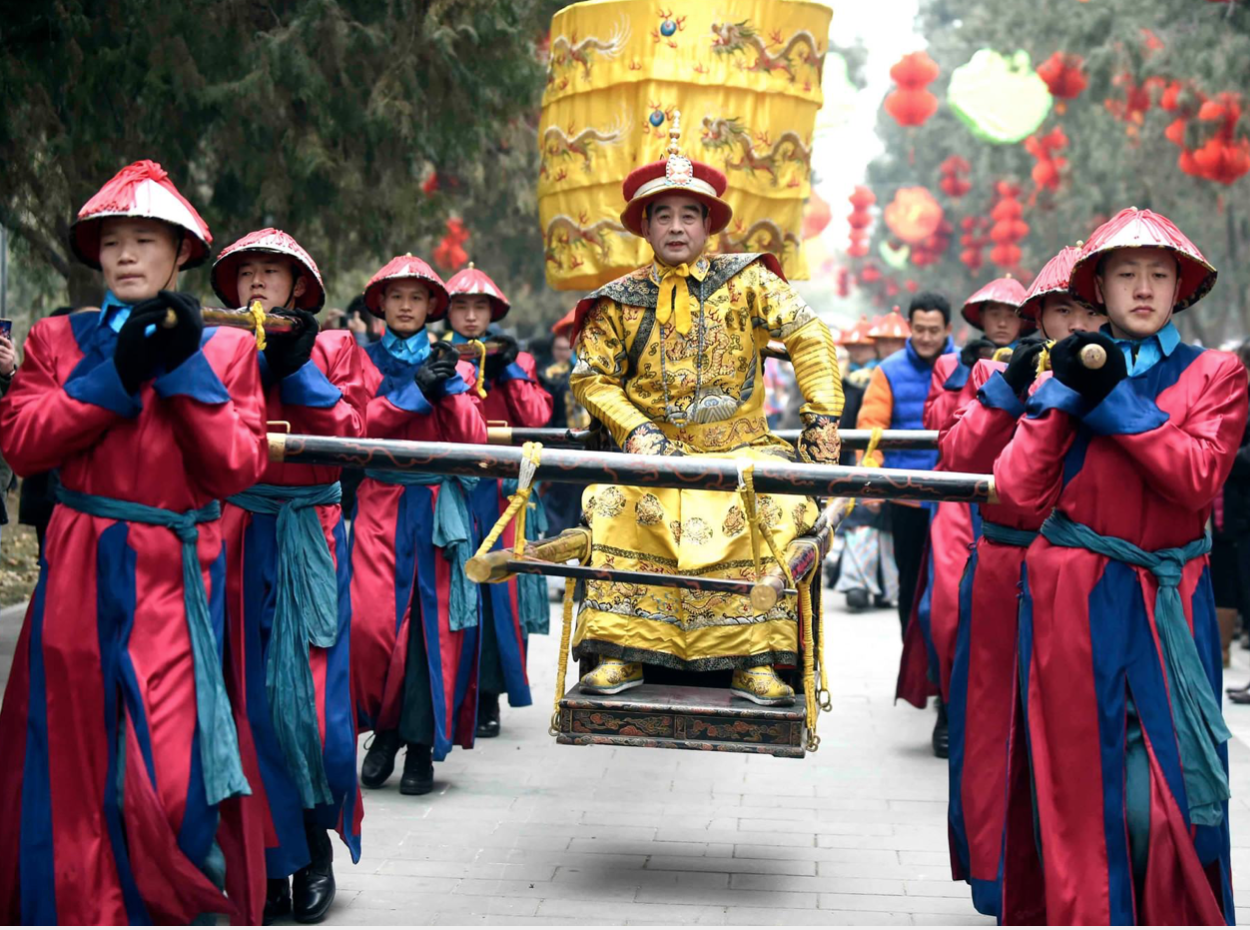1914 The birth of Hedy Lamarr
Hedwig Eva Maria Kiesler was born in Vienna and from a young age attracted attention because of her good looks. In her teens she began getting parts in movies, most notable of which was 1933’s Ecstasy with its notorious sexually-charged scenes. By 1937 she had ditched Europe, her rich husband (she would ditch five others before she gave up matrimony), and her birth name, henceforth adopting “Hedy Lamarr”.
In Hollywood, Lamarr was billed as “the world’s most beautiful woman” and most of her roles were meant to capitalize on that claim. Among a number of duds and flops, she acquitted herself well in Algiers (1938) with Charles Boyer, and Samson and Delilah with Victor Mature (1949). Her stardom faded in the 1950s and by 1958 she had made her last film.
These days Lamarr is mostly remembered for a spiteful little lawsuit against Mel Brooks for naming one of his characters Hedley Lamarr, and for her invention of a frequency-hopping guidance system for a torpedo, a discovery which led to secure WiFi, GPS and Bluetooth. Her last years were spent in sad isolation.
Despite her classic features, Ms Lamarr never set my heart aflutter. There was something a little too artificial and reserved about her screen presence. If I were to list film goddesses in order of swoon-worthiness I would do it thusly:
- Merle Oberon, The Scarlet Pimpernel (1934)
- Anita Ekberg, La Dolce Vita (1960)
- Monica Bellucci, Malèna (2000)
- Sophia Loren, Sunflower (1970)
- Ewa Aulin, Candy (1968)








